
Olivetti S.p.A. is an Italian manufacturer of computers, tablets, smartphones, printers and other such business products as calculators and fax machines.
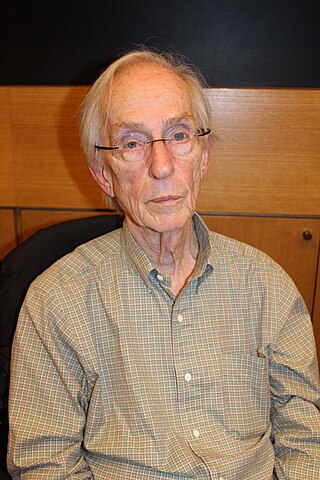
Howard Saul Becker was an American sociologist who taught at Northwestern University. Becker made contributions to the sociology of deviance, sociology of art, and sociology of music. Becker also wrote extensively on sociological writing styles and methodologies. Becker's 1963 book Outsiders provided the foundations for labeling theory. Becker was often called a symbolic interactionist or social constructionist, although he did not align himself with either method. A graduate of the University of Chicago, Becker was considered part of the second Chicago School of Sociology, which also includes Erving Goffman and Anselm Strauss.

Paris Nanterre University, formerly Paris-X and commonly referred to as Nanterre, is a public research university based in Nanterre, Paris, France. It is one of the most prestigious French universities, mainly in the areas of law, humanities, political science, social and natural sciences and economics. It is one of the thirteen successor universities of the University of Paris. The university is located in the western suburb of Nanterre, in La Défense area, the business district of Paris.
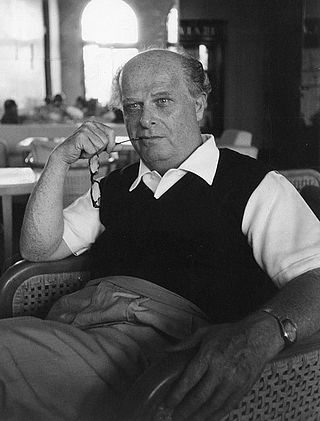
Adriano Olivetti was an Italian engineer, entrepreneur, politician, and industrialist. He was known worldwide during his lifetime as the Italian manufacturer of Olivetti brand typewriters, calculators, and computers. He was son of the founder of Olivetti, Camillo Olivetti, and Luisa Revel, the daughter of a prominent Waldensian pastor and scholar. The Olivetti empire had been begun by his father.

Natalia Ginzburg was an Italian author whose work explored family relationships, politics during and after the Fascist years and World War II, and philosophy. She wrote novels, short stories and essays, for which she received the Strega Prize and Bagutta Prize. Most of her works were also translated into English and published in the United Kingdom and the United States.

The 1968 Italian general election was held in Italy on 19 May 1968. The Christian Democracy (DC) remained stable around 38% of the votes. They were marked by a victory of the Communist Party (PCI) passing from 25% of 1963 to c. 30% at the Senate, where it presented jointly with the new Italian Socialist Party of Proletarian Unity (PSIUP), which included members of Socialist Party (PSI) which disagreed the latter's alliance with DC. PSIUP gained c. 4.5% at the Chamber. The Socialist Party and the Democratic Socialist Party (PSDI) presented together as the Unified PSI–PSDI, but gained c. 15%, far less than the sum of what the two parties had obtained separately in 1963.
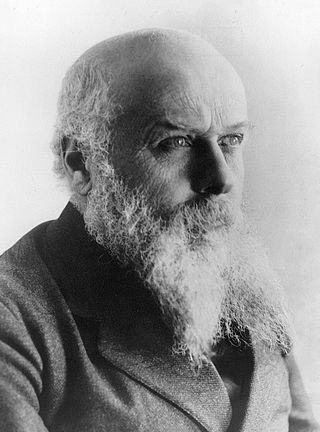
Samuel David Camillo Olivetti was an Italian electrical engineer and founder of Olivetti & Co., SpA., the Italian manufacturer of computers, printers and other business machines. The company was later run by his son Adriano.

Piero Domenico Angela was an Italian television host, science journalist, writer, and pianist.

Paul Valéry University of Montpellier, also known as or UPVM or Montpellier III, is a French university in the Academy of Montpellier. It is one of the three successor universities to the University of Montpellier, specialising in the arts, languages and social sciences.

Michel Maffesoli is a French sociologist.

The Community Movement was an Italian political organization founded by Piedmontese progressive entrepreneur Adriano Olivetti in 1947.

Siniša Malešević, MRIA, MAE is Full Professor and Chair of Sociology at the University College, Dublin, Ireland. He is also a Senior Fellow and Associate Researcher at Conservatoire national des arts et métiers (CNAM), Paris, France.
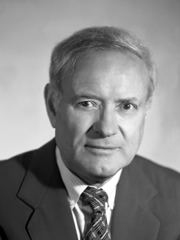
Paolo Volponi was an Italian writer, poet, and politician.
Giuseppe Levi was an Italian anatomist and histologist, professor of human anatomy at the universities of Sassari, Palermo and Turin. He was born on 14 October 1872 in Trieste to Jewish parents, Michele Levi and Emma Perugia. He was married to Lidia Tanzi and had five children: Gino, Mario, Alberto, Paola, and writer Natalia Ginzburg, who described her father's personality in the successful Italian book Lessico famigliare (1963).
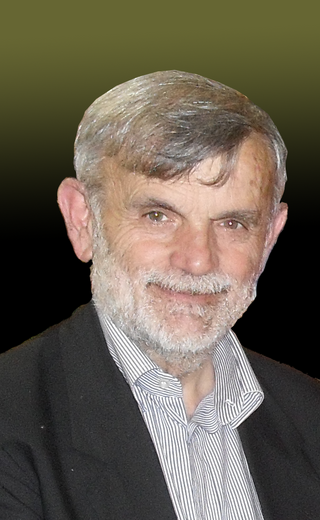
Roberto Cipriani is an Italian social scientist. He is professor emeritus of sociology at Roma Tre University. "He has written extensively on popular religion, the sacred and secularization", and is known for his unconventional applications of the "concept of 'diffused religion' and then that of 'religion of values' ". He has made analytical contributions to the concept of diffused religion by using grounded theory. "He also underlines what he calls the 'meta-institutional' character of this religion, even if, he says, these characteristics have a religious institutional origin".
Mario Tchou, also known as Tchou Wang Li, was an Italian engineer of Chinese descent. He was a pioneer of computer science in Italy, who led a group of scientists from the University of Pisa to invent in 1959 the Olivetti Elea—the world's most powerful computer at the time.
Luciano Gallino was an Italian sociologist.

Francesco Tatò was an Italian businessman. He was known as "Kaiser Franz" for the tough management methods he used to achieve economic turnarounds at the companies where he was appointed CEO. He was married to Italian writer and television author and producer Sonia Raule.
Romano Alquati was an Italian sociologist, political theorist and activist. He was known for his work for Operaist journal Quaderni Rossi and his Marxist analysis of labour practices at Italian companies FIAT and Olivetti.
Alessandro Pizzorno was an Italian sociologist, political scientist and philosopher.















